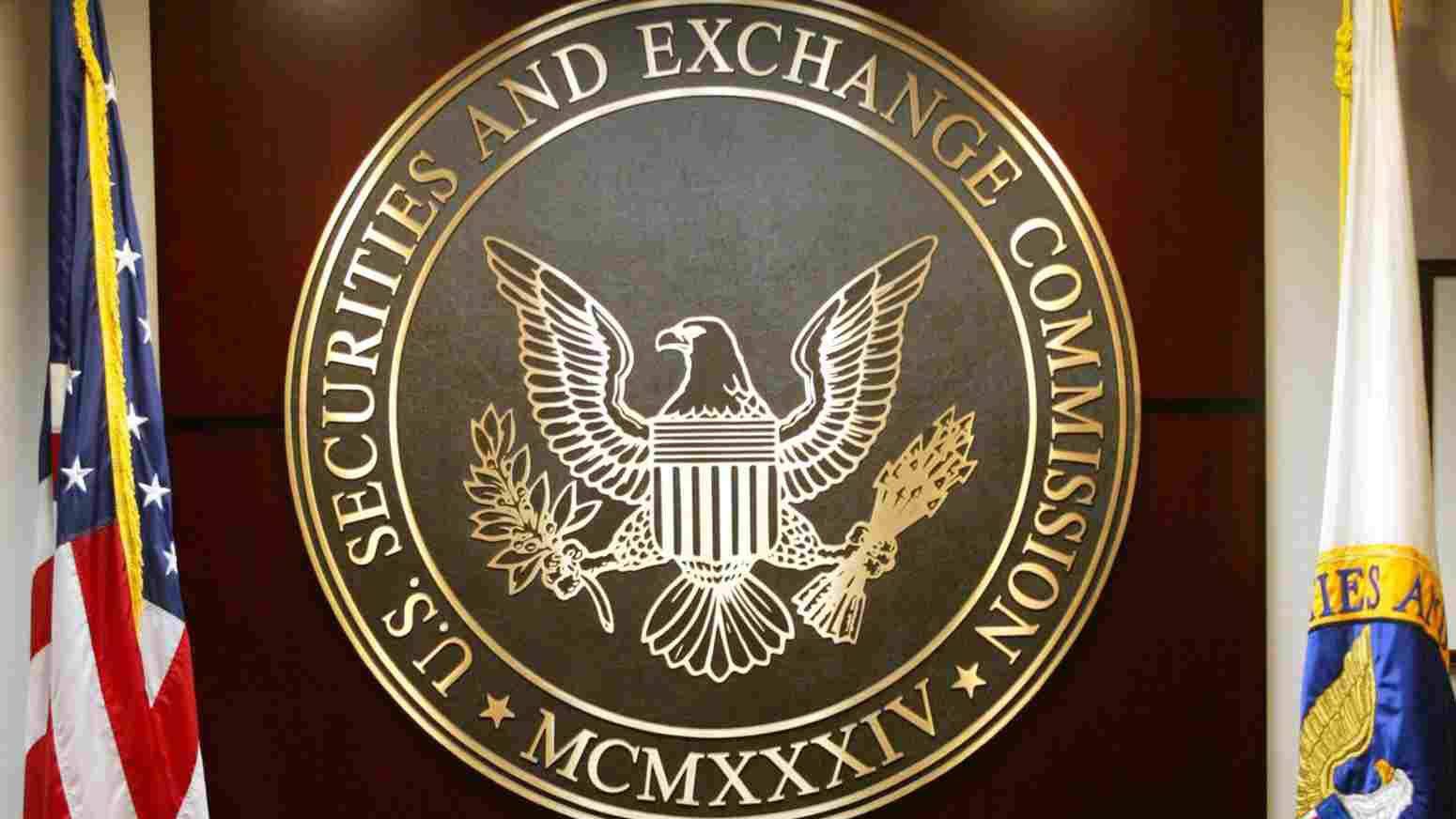In Jarkesy v. Securities and Exchange Commission, the US Court of Appeals for the Fifth Circuit held that the Securities and Exchange Commission’s (SEC) adjudication of fraud cases in administrative proceedings is unconstitutional

On May 18, 2022, the US Court of Appeals for the Fifth Circuit in Jarkesy v. Securities and Exchange Commission held that the Securities and Exchange Commission’s administrative proceedings adjudicating securities is unconstitutional.
On March 22, 2013, the SEC brought an enforcement action against hedge fund operator George R. Jarkesy, Jr. and Patriot 28, L.L.C (collectively “Jarkesy”)., alleging that they engaged in securities fraud under the Investment Advisors Act of 1940, Securities Act of 1933 and the Securities Exchange Act of 1934. The Jarkesy filed an interlocutory challenge in the US District Court for the District of Columbia seeking to enjoin the SEC administrative proceedings based on constitutional defects. The district court held, and the US Court of Appeals for the District of Columbia Circuit later affirmed, that the SEC administrative proceedings lacked jurisdiction over the case and that Jarkesy had to exhaust administrative remedies before raising their constitutional claims before a federal court of appeals.
The SEC administrative law judge (“ALJ”) in the SEC administrative proceeding issued an initial decision concluding that the Jarkesy had committed securities fraud, and Jarkesy appealed to the SEC. The SEC confirmed its own ALJ’s findings and imposed a civil penalty, disgorgement, and a cease-and-desist order against Jarkesy. Jarkesy then appealed the SEC’s order to the Fifth Circuit, which vacated the SEC’s decision because of constitutional defects, including:
- The SEC’s enforcement actions before an ALJ deprived Jarkesy of his right to a jury trial under the Seventh Amendment to the US Constitution, which contains a right to a jury trial for common law actions, which include suits brought under the federal securities laws if the suit includes common-law-like claims, such as fraud, or seeks common-law-like remedies, such as a civil penalty,
- The Dodd-Frank Wall Street Reform and Consumer Protection Act of 2010 violated Article I of the Constitution when it delegated legislative power to the SEC because Congress failed to provide the SEC with an intelligible principle to guide its use of such power,
- Obstacles to remove ALJs violate Article II of the Constitution, which provides that the President “take Care that the laws be faithfully executed.”
The SEC will likely seek further review from the Supreme Court. Until then, the SEC will probably file most litigated actions in federal district court where, unlike in administrative proceedings, the defendant has access to full discovery, and the rules of evidence apply. Overall, the Fifth Circuit opinion presents a novel interpretation of Supreme Court precedent that was previously well-settled. The case is significant as it breaks new ground. However, the opinion’s applicability to other agencies is unknown at this point.
To speak with a Securities Attorney, please contact Brenda Hamilton at 200 E Palmetto Rd, Suite 103, Boca Raton, Florida, (561) 416-8956, or by email at [email protected]. This securities law blog post is provided as a general informational service to clients and friends of Hamilton & Associates Law Group and should not be construed as and does not constitute legal advice on any specific matter, nor does this message create an attorney-client relationship. Please note that the prior results discussed herein do not guarantee similar outcomes.
Hamilton & Associates | Securities Attorneys
Brenda Hamilton, Securities Attorney
200 E Palmetto Rd, Suite 103
Boca Raton, Florida 33432
Telephone: (561) 416-8956
Facsimile: (561) 416-2855
www.SecuritiesLawyer101.com






